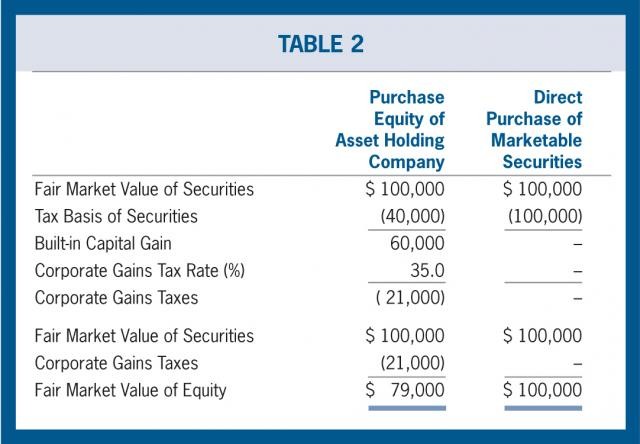Fair Market Value of Stock
Post on: 16 Март, 2015 No Comment

How to determine fair market value for stock received as compensation.
Many of the rules for employee compensation refer to the fair market value of stock. There’s a classical definition of this term that many tax professionals know by heart:
The fair market value is the price at which the property would change hands between a willing buyer and a willing seller, neither being under any compulsion to buy or to sell and both having reasonable knowledge of relevant facts.
This definition takes you a good part of the way toward understanding the concept. To complete the picture we’ll discuss the following topics:
- Valuing publicly traded stock
- Valuing privately held stock
- How restrictions affect value
- Discounts
Valuing publicly traded stock
Stock is publicly traded if you can buy or sell it on an established securities market, or through some other system that acts as the equivalent of a securities market. In general the stock market determines the value of publicly traded stock. The usual rule is that the value on any given day is the average of the high and low selling prices on that day.
Employers sometimes use variations on this rule. If the stock is very thinly traded, it may make sense to use an average over a period of several trading days so that a single transaction won’t have undue effect on the value. We don’t see the IRS challenging reasonable variations unless they provide opportunities for manipulation.
It’s somewhat unusual, but not impossible, for publicly traded stock to qualify for a blockage discount as explained below.
Privately held stock
If your stock isn’t publicly traded as explained above, it’s privately held. A full discussion of valuation for privately held stock is beyond our scope — there are entire books written on the subject. Here are some of the main points:
Recent transactions
The strongest indication of the value of stock on a given date is an actual arm’s length sale occurring near that date. A sale is at arm’s length if there isn’t any family or other relationship between the buyer and seller that might lead to a sale at a price different than fair market value. If you want to claim that your stock has a value of $10 per share, you’ll have a hard time supporting that claim if someone recently paid $50 per share.
Other valuation methods
Sometimes there are no recent sales that can be used to establish the value of stock. Then you have to estimate the value of the entire company and divide by the number of shares outstanding to find the value per share.
Different valuation methods are appropriate for different types of businesses. Most focus in some way on profits (or an element of revenues that should be indicative of profit potential), but the value of the company’s assets may come into play also. The book value of a company (the value of its assets minus its liabilities, as shown on the company’s financial records) is sometimes seen as a minimum value the company must have, but some companies have a value that far exceeds book value.
Inevitably there’s an element of subjectivity in determining the fair market value of a closely held business. As a result, taxpayers frequently find themselves in court with the IRS over valuation issues.
Effect of Restrictions
You may feel that restrictions on the stock you acquired make it less valuable than it would otherwise be. But there’s a special rule here: when you determine the value of your shares, you have to ignore all restrictions except ones that are permanent. If your stock is restricted for a limited period of time, or until some event occurs, you have to ignore the restriction when you determine the value of the stock.
Discounts
There are circumstances that can justify a discount in the value of your stock. One recognized discount applies when there’s no market for the stock: a discount for lack of marketability. Another discount can apply where there’s a market for the stock, but the size of your holdings is large enough to make efficient sale impossible: a blockage discount. The availability of these discounts, and the appropriate size of the discount, should be determined by a qualified appraiser or tax professional.














